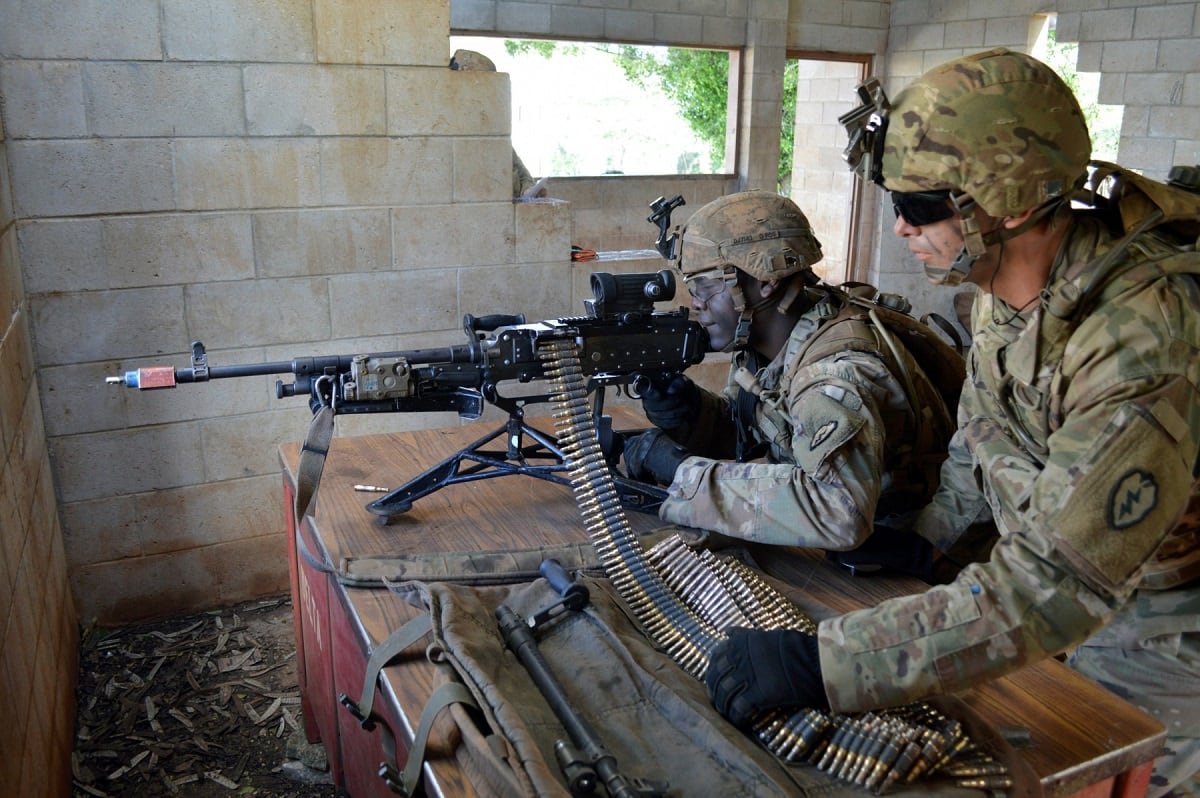While much attention is spent on adjusting weapons systems and training soldiers and Marines to use them, what may be of more value in an urban fight is the work being done years before a conflict erupts.
Experts frequently tout the success of psychological operations units in the run up to the second battle of Fallujah in late 2004. They worked to inform the city’s residents that the battle would soon unfold and warned them to evacuate.
As a result, an estimated 90 percent of the population fled, freeing up Marines to fight with fewer constraints than if there was a substantial number of civilians present.
In addition, simply knowing the human terrain, from culture to leaders and friendly residents, ahead of time can either prevent conflict or inform U.S. and allied forces of enemy locations, capabilities and plans.
Such information can also help to more quickly bring the city back to life through partnering with local friendly leaders to restore services, improve infrastructure and win the support of the civilian population.
RELATED
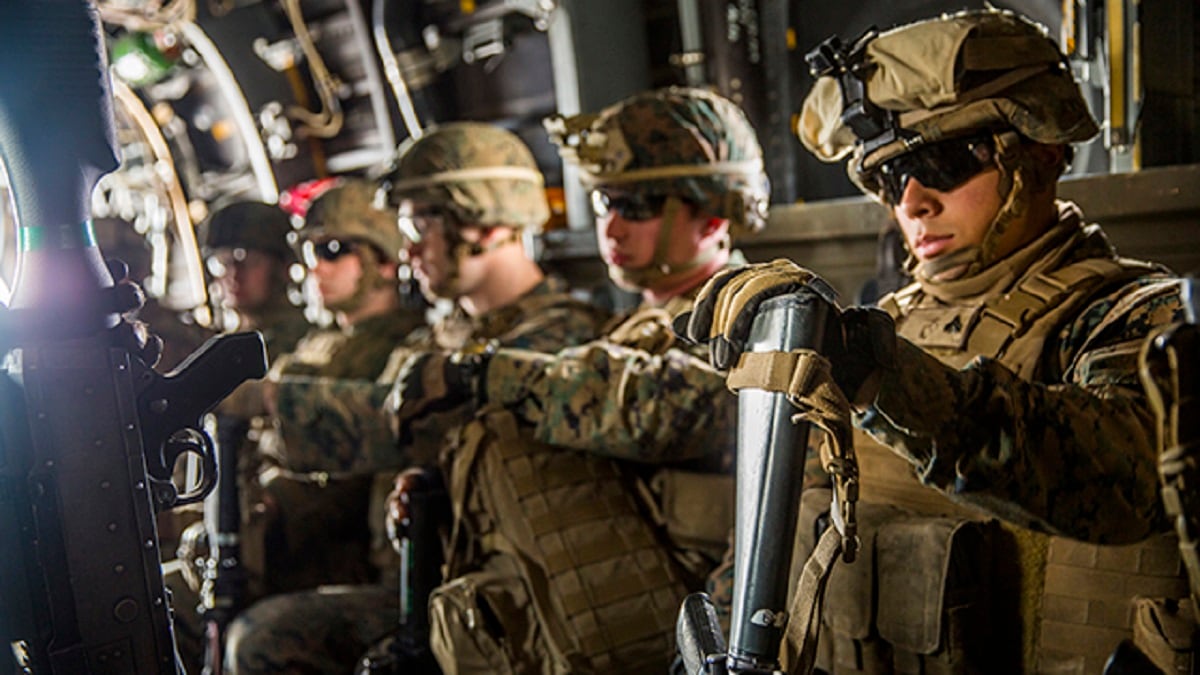
Lt. Col. Xavier Colon, commander of the Army’s 5th Battalion, Special Warfare Training Group, said psychological operations trainees learn early on to do interagency work.
He said the PSYOP personnel do a deep assessment of an area, looking at its infrastructure, how people communicate, who controls the networks, radio, TV and newspapers. They look at the local economy and legal systems to give an ambassador an overall picture of how information moves through and is used in that location.
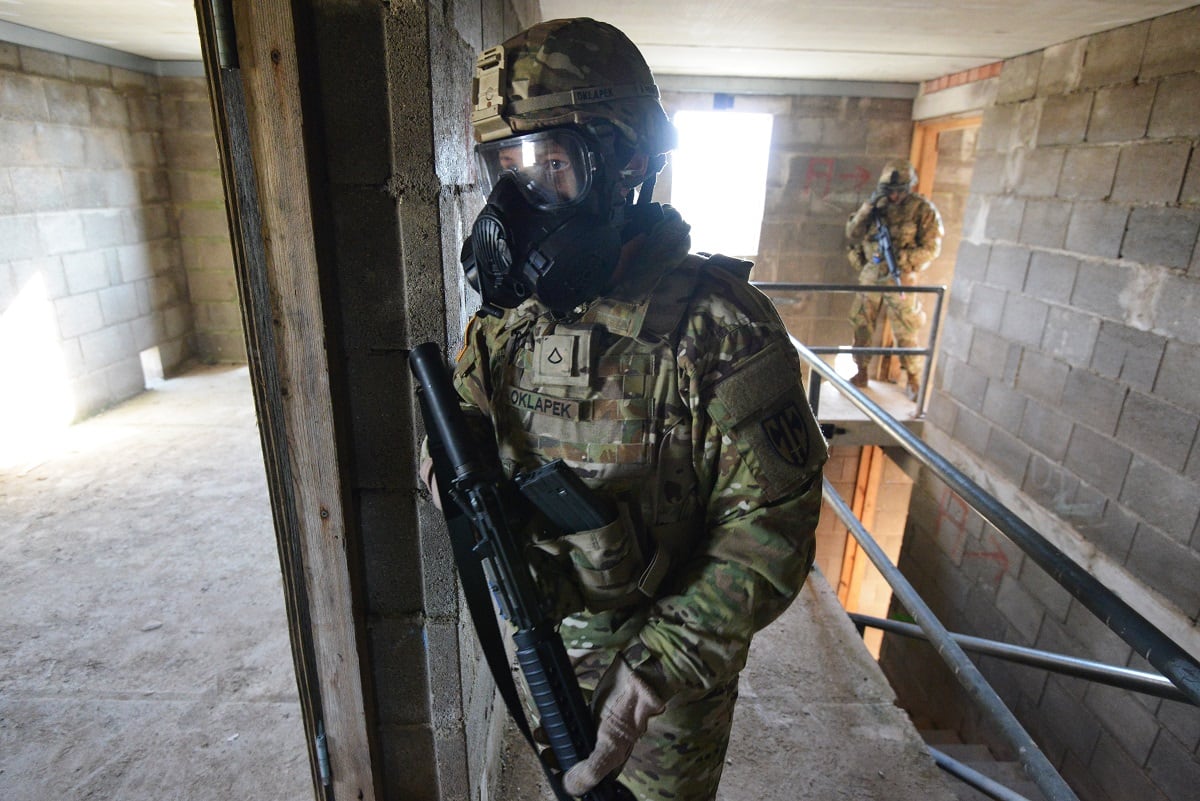
By understanding those pieces of the larger puzzle, PSYOP and intelligence professionals can better understand the target audience, which includes the civilian population and enemy fighters, to influence them if they are susceptible to certain narratives.
Those PSYOP work with Special Forces, civil affairs and others to share the information.
As an example of the long-term nature of the work, Colon pointed to work against the Revolutionary Armed Forces of Colombia, or FARC. The group conducted ongoing armed conflict in the country for decades until it gave up its arms last year and became a legal political party.
“On the shaping side, it takes a long time,” Colon said.
RELATED
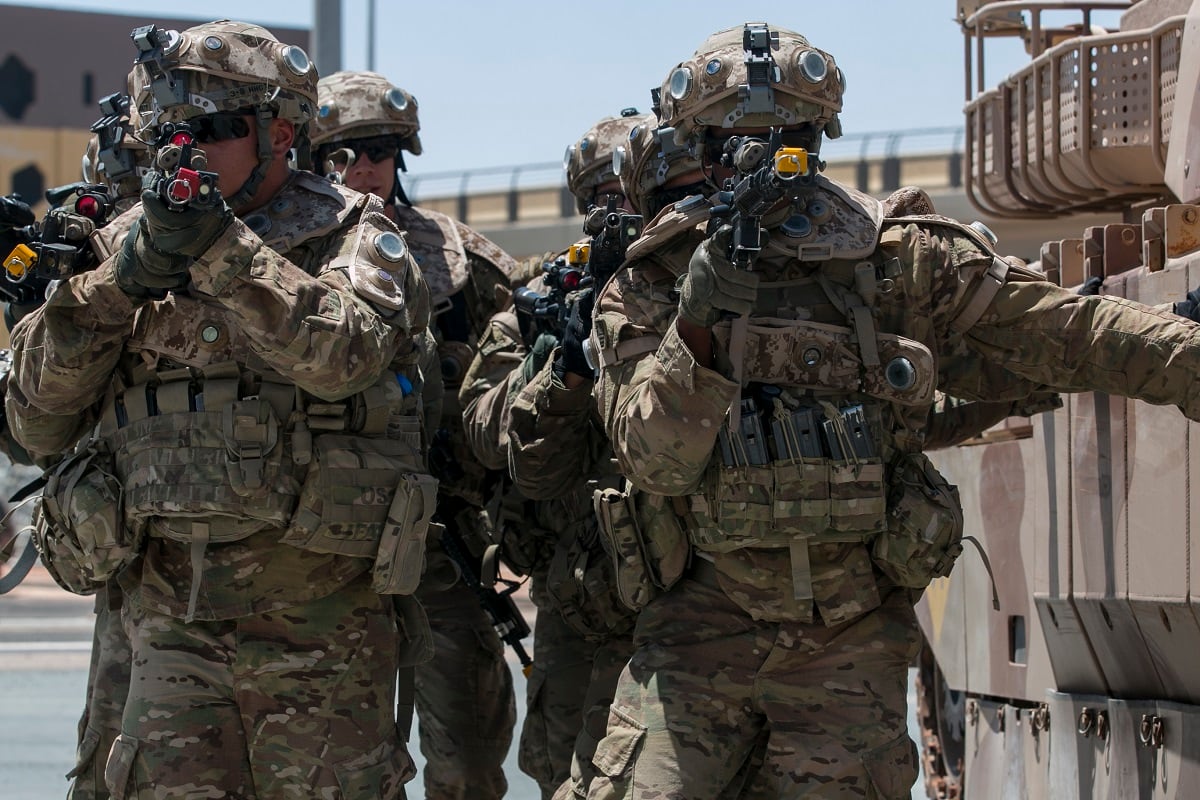
U.S. military personnel had assisted the Columbian government first in a counter-drug role and later in a counter-terrorism role against FARC. Now, the Army is helping the Colombian government form its own psychological operations and civil affairs branches.
Those intelligence and human factor lessons are not lost on observers when looking at past and future fights.
“In a larger sense, the military needs to respect its enemies. The oldest lesson in the world needs restating,” said Mark Bowden, author of “Hue 1968: A Turning Point of the American War in Vietnam.” “If you want to beat them, you damn well understand them. Beyond that, the importance of having a clear objective and the limited role military force can play. The military itself is capable of many things beyond an application of force.”
RELATED
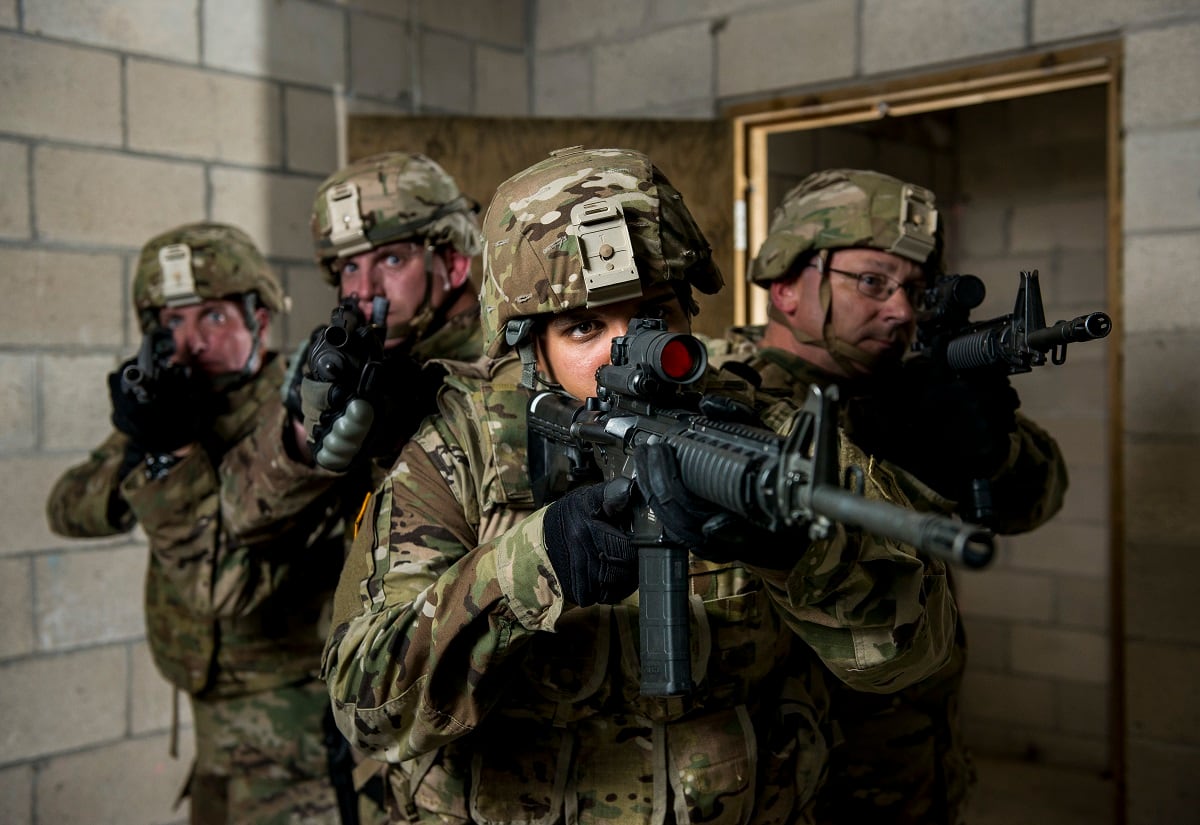
Todd South has written about crime, courts, government and the military for multiple publications since 2004 and was named a 2014 Pulitzer finalist for a co-written project on witness intimidation. Todd is a Marine veteran of the Iraq War.
